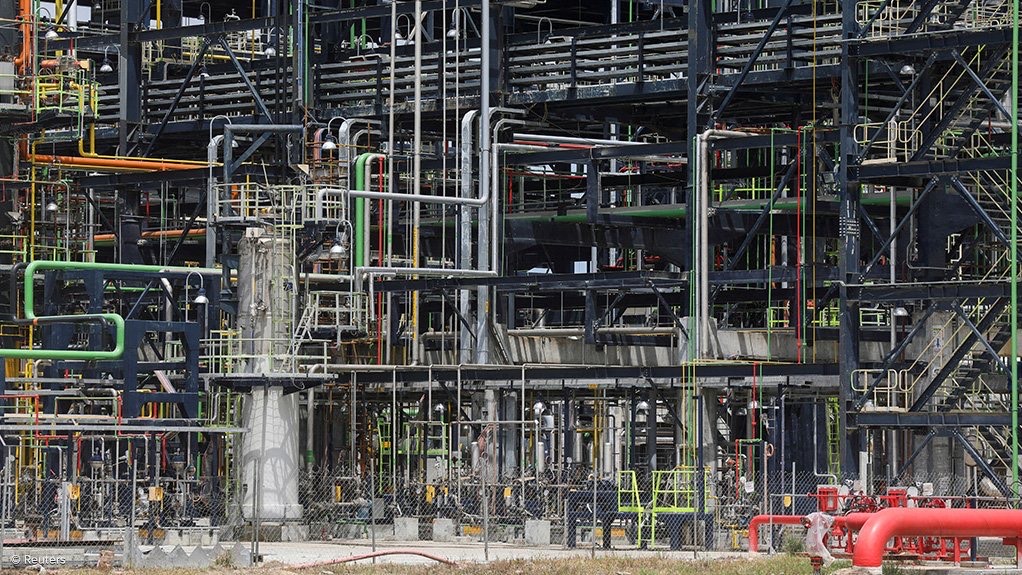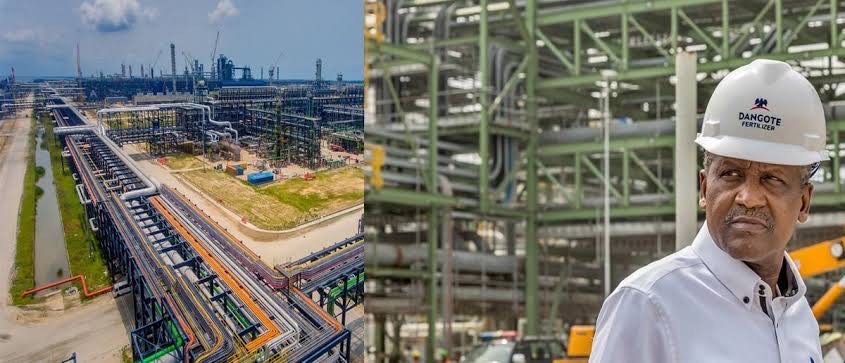By: Amadi Vincent Uzoma
Nigeria’s Dangote refinery is considering a dual listing on the London Stock Exchange and the Nigerian Stock Exchange, a senior executive said.
On Tuesday, media reports quoted Aliko Dangote, chairman of Dangote Group, as saying that he may try to list the company in Nigeria later this year.
Devakumar Edwin, director of the Dangote refinery, told Reuters that the Nigerian Stock Exchange would not be able to manage the refinery alone, leaving room for a listing in London. “We have listed all our businesses,” he said.
The NSE (Nigeria Stock Exchange) will not have the expertise to exclusively manage the refinery. It will have to be presented to the LSE (London Stock Exchange) but is also listed on the NSE. Africa’s richest man also has shares in Dangote Cement, Dangote Flour Mills, and Dangote Sugar, all of which are listed on the Nigerian Stock Exchange.

After years of development delays, the Dangote Refinery, Africa’s largest and poised to become one of the largest in Europe once it reaches full capacity, is located on a peninsula near Lagos, Nigeria’s commercial capital. At a total cost of $20 billion, the facility will have the capacity to refine up to 650,000 barrels of crude oil per day (bpd).
Dangote Refinery recently inked a deal with the global oil and gas giant TotalEnergies to procure crude oil for its 650,000 barrels-per-day (bpd) processing capacity.

This refinery has recently had to import oil from the US despite being located in Africa’s largest oil-producing country.
Plan to start PMS refining The refinery’s planned listing on NGX and LSE coincides with the refinery’s plan to start PMS production.
Refinery Chairman Alhaji Dangote earlier said PMS refining would begin next month, contradicting the view of Standard and Poor’s (S&P) analysts, who had earlier said A more realistic timetable for PMS implementation would be the fourth quarter of this year.
The former Dangote Refinery failed to meet production deadlines and only started distributing diesel and aviation fuel nearly eight months after it was commissioned last May. The refinery hopes to significantly reduce energy imports not only in Nigeria but also across West Africa.
An earlier report by Nairametrics indicated that the start of full refinery production would result in the closure of several export-dominated European refineries, a significant loss of $17 billion in imported gasoline to Africa.
































